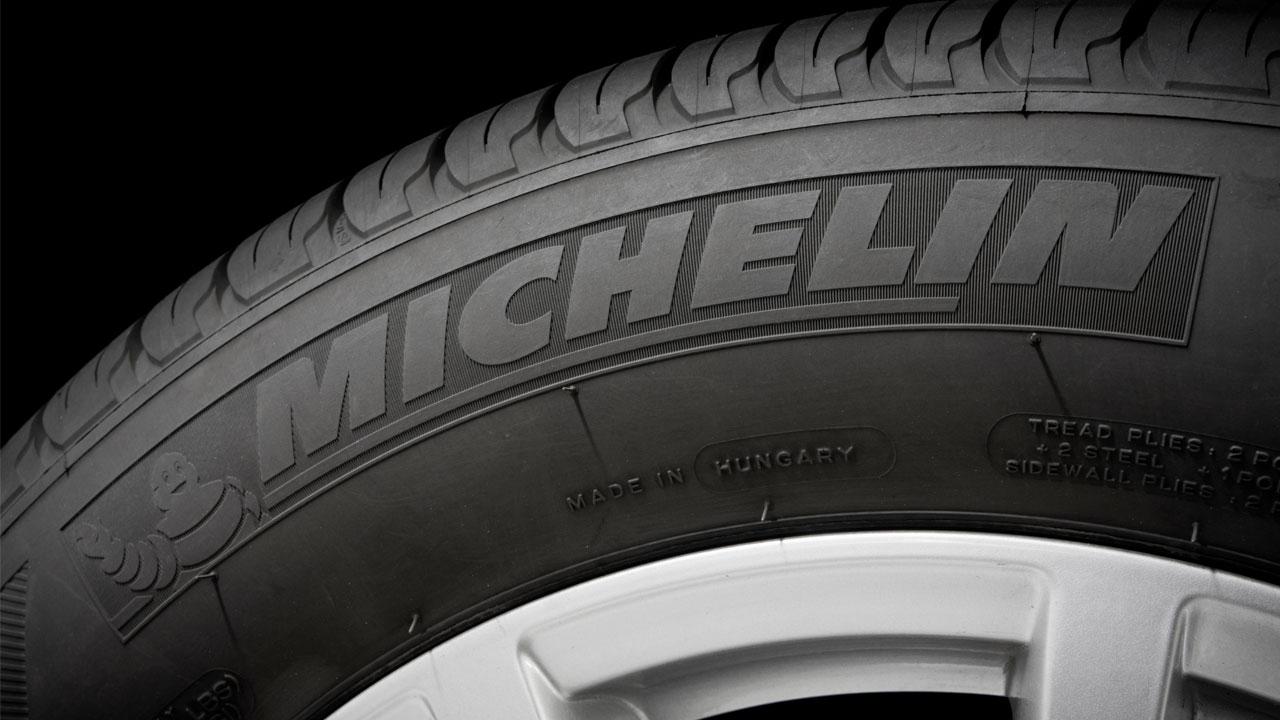Michelin investing billions in US plants, hiring despite trade uncertainty
Michelin, one of the world’s largest tire manufacturers, said it has largely avoided economic uncertainty related to trade turmoil by producing products where it sells them.
Some U.S. manufacturers are feeling stung by some of the White House’s trade policies, including tariffs on steel and aluminum, because they rely heavily on imports to build products.
Representatives from China are expected to visit the U.S. next week as the two countries struggle to agree on trade terms, leaving many U.S. companies reeling in the interim.“Our strategy is always to produce the tires close to, or in, the markets where the tires are needed. … Michelin produces tires all over the world, that strategy won’t change,” Scott Clark, chairman and president of Michelin North America, told FOX Business. “So far, the tariffs that have been put in place and then postponed on steel have not had any impact on Michelin, but it’s something we’re watching very carefully.”Clark also noted that the company, headquartered in France, is keeping a close eye on NAFTA negotiations, which are ongoing and have the potential to affect auto manufacturing.
In the meantime, the company is working on building up its U.S. operations in the aftermath of the Tax Cuts and Jobs Act, signed by President Donald Trump in December, which lowered the corporate tax rate to 21% from 35%.
“The U.S. corporate tax rate, as we all know, was one of the highest in the world, so I think bringing it down to a more reasonable level makes sense,” Clark said. “For us, it means that we continue, quite frankly, to invest a lot in plants and our manufacturing facilities and jobs at Michelin.”Michelin employs 17,800 people in the U.S., according to its website, with the majority located in South Carolina.
Over the past five years, Michelin has invested more than $3 billion in its North American operations. Yet the tire giant is struggling to fill the open positions that have resulted from recent investments at its 19 domestic manufacturing facilities.
“One of the biggest challenges we have in today’s environment with low unemployment … is finding people to work in our plants; finding qualified, good people,” Clark said, adding that the company has found some success with workforce development, apprenticeship and tech scholar programs.
A lack of qualified workers is a problem that has affected many sectors, from technology to manufacturing. The Trump administration has advocated retooling workers with the skills necessary to fill those job openings.
Michelin may soon have to adjust its product offerings as the vehicle industry heads toward the use of ride-sharing, electric and autonomous vehicles.
While Clark said no one in the industry knows how the shift will affect products, he believes his company will remain at the forefront of innovation.
“We think we’re well positioned for that future market when it evolves,” he said.




















